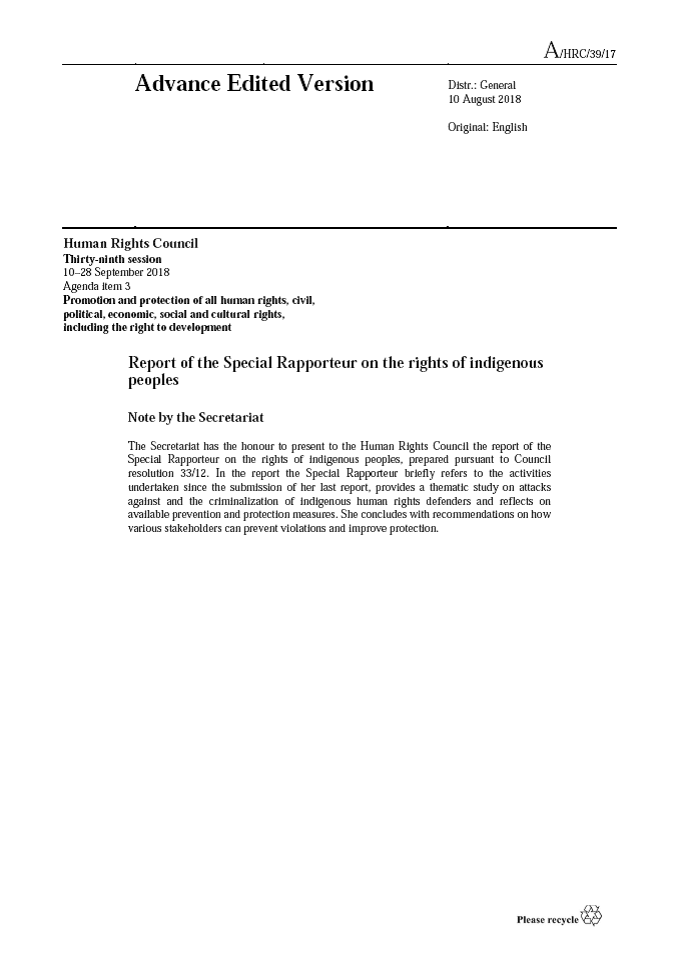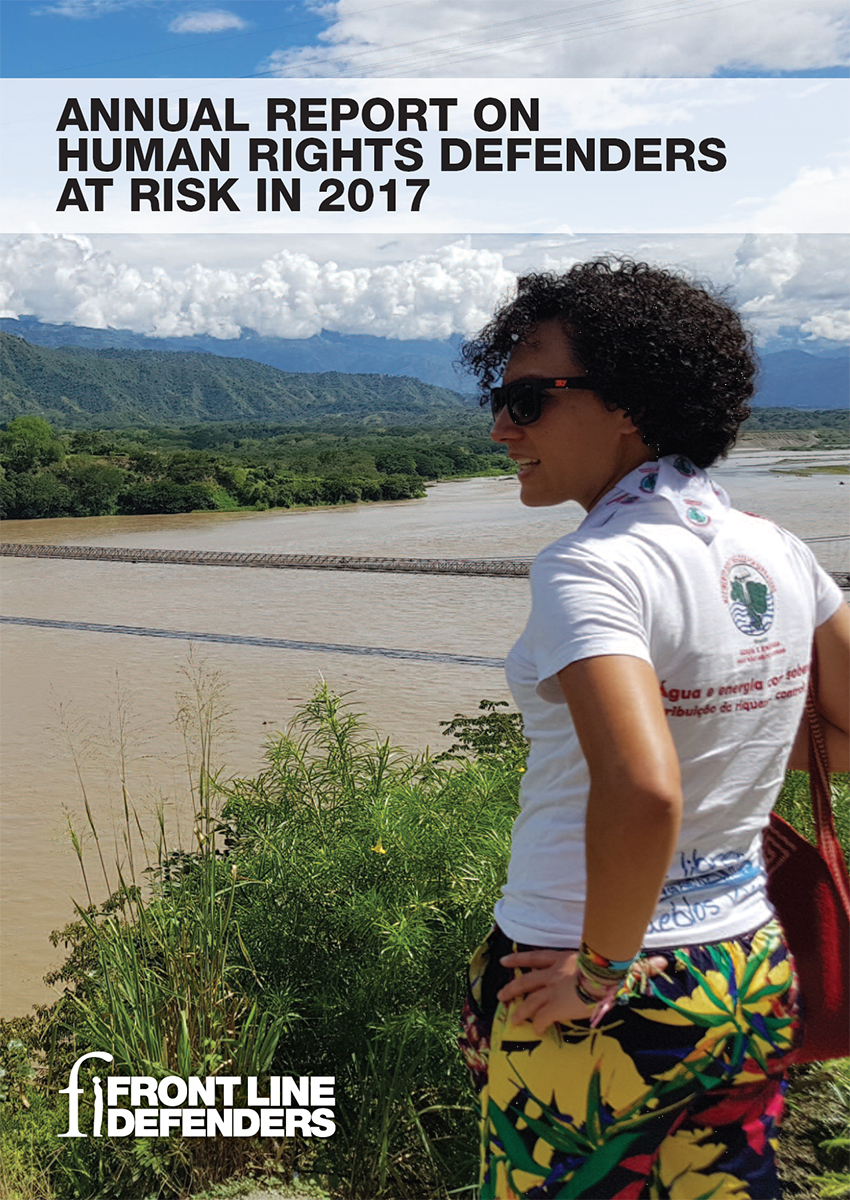Robert Mugabe and the Rules of the Game
Examines the impact of the recent farm invasions in Zimbabwe. The independence compromises forced on Zimbabwe (and Namibia and South Africa) implied the legitimation of a century and more of past white land grabbing which could only be changed with the consent of the beneficiaries of this past expropriation. But Mugabe has now torn up the old rules of the game and let the genie of redistribution out of the bottle, earning himself much popular support elsewhere in Africa and causing alarm to many governments and a hasty revision of existing plans for land reform.




